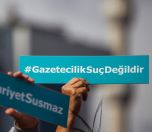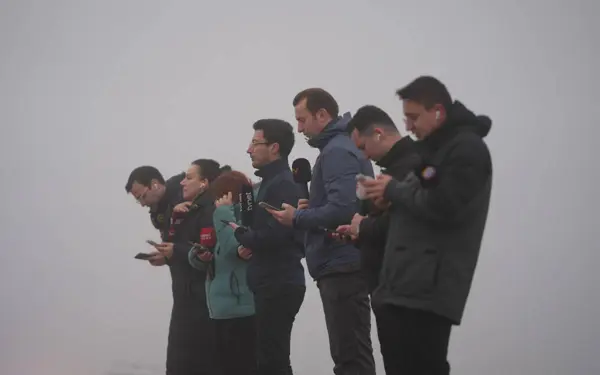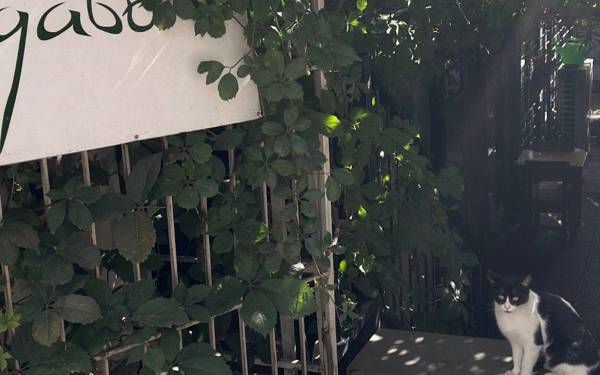* Infographic: Yağmur Karagöz
Click to read the article in Turkish / Kurdish
While the pressures targeting critical journalists and media outlets are getting more and more grave in Turkey, the attempts to split bar associations and bring social media under a stricter government and judicial control could undermine rights-defending in fields such as freedom of expression.
The April-May-June 2020 BİA Media Monitoring Report signals that press freedom is subjected to serious pressures, in a way against the spirit of the Human Rights Strategy Document, as a result of political alliance policies of the Presidential Government System.
The report also points at a period when the Press Advertising Institution (BİK) and the Television and Radio Supreme Council (RTÜK), two media regulators that one would expect an autonomous and rightful stace, imposed harsh penalties on Evrensel, Cumhuriyet and BirGün newspapers on the one hand, and on Fox TV, TELE 1 and Halk TV on the other.
Journalism organizations and rights circles expressed their strong criticisms in the face of all those sanctions, underlining that "they served to toll the death knell for critical journalism" in Turkey.
Journalists frequently threatened with arrest
Covering the period when national and international journalism organizations raised their voices for several arrested journalists in Turkey such as Barış Pehlivan, Müyesser Yıldız, Murat Ağırel and Hülya Kılınç on the occasion of May 3 World Press Freedom Day, the report shows that 93 journalists faced 4 aggravated life sentences and 883.5 years in prison as well as non-pecuniary damages of 1 million 260 thousand Turkish Lira (TRY) in total as per the Turkish Penal Code (TCK), Anti-Terror Law (TMK), the National Intelligence Organization (MİT) Law, the Law on Banking Regulation and Supervision Agency (BDDK) and the Law on Capital Market (SPK). Several trials of journalists followed by bianet in the period covered by the report were adjourned to the aftermath of June 15, 2020.
In April-May-June 2020, at least two journalists were arrested. Of these two journalists, Odatv Ankara News Director Müyesser Yıldız is still arrested while Hakan Aygün was released in the same period.
Though three of them were released in their first hearing, the fact that six journalists were arrested for reporting on the funeral of a MİT officer who lost his life in Libya signalled how easy it was to arrest journalists by charging them with "disclosing the confidential information of the state" and how easy it was to release them on probation in authoritarian regimes.
The process has shown that a critical approach to the economy policies of the government in the time of novel coronavirus (COVID-19) pandemic and an objection to foreign policies such as an intervention in Libya would lead journalists to be arrested. The social media protest demanding the release of closed Cihan News Agency (CHA) reporter Mevlüt Öztaş suffering from pancreatic cancer helped to make it visible how difficult the conditions that old or ill prisoner journalists found themselves in.
As the ones behind bars as per the Anti-Terror Law or the Law on National Intelligence Organization (MİT) were not included in the law on criminal enforcement that was amended with the aim of reducing prison population following the outbreak of coronavirus pandemic, several journalists arrested on a series of charges such as "propagandizing for a terrorist organization", "aiding a terrorist organization", "membership of the organization", etc. were not released. That being the case, the lives of several journalists who allegedly violated freedom of press and expression were put at risk.
Local journalists targeted in detentions
In the period of April-May-June 2020, three journalists were taken into custody and three journalists were summoned to depose. This period also shows that the role of journalists as investigators disturbs the authorities to such an extent that they do not hesitate to arbitrarily detain them.
In this period, İsmail Dükel was detained because he thought about the foreign policy of Turkey, Yusuf Kayışoğlu from Bursa was detained because he reported on the struggle for environment and Gökhan Karabulut from Kocaeli because he criticized the health policies on coronavirus.
In Sakarya, in response to ruling AKP Sakarya MP Ali İhsan Yavuz, who complained that "the media did not write about good things," three journalists penned an article entitled "We are lucky to have you." They were forced to depose at the Security Directorate on charge of "insult."
2 attacks, 7 threats, verbal attacks on women
In the period of April-May-June 2020, two journalists were targeted in physical assaults and seven journalists were threatened. In this period, two women journalists (Şirin Payzın and Nevşin Mengü) were subjected to sexist insults and sexual harassment while two journalists, including Yeniçağ columnist Yavuz Selim Demirağ, were threatened with death.
While Minister of Interior Süleyman Soylu verbally attacked Saygı Öztürk, a columnist for Sözcü newpspaer, İzmir-based Çağrı news website Grant Holder and Çağrı Radio Editor-in-Chief Ulvi Tanrıverdi was physically assaulted by a person and taken to hospital.
In the same period last year, at least 10 journalists were attacked. These attacks targeted rather the ones who criticized the ruling AKP and the Nationalist Movement Party (MHP), two allies of the People's Alliance, following the Local Elections on March 31, 2019.
In the same period the year before, in 2018, two journalists and one media bureau were attacked and one media outlet was targeted in a verbal attack. 65 journalists were threatened, seven with death.
"Insulting the President": 61 journalists were convicted in six years
Article 299 of the Turkish Penal Code, which began to be widely used because of publications and thoughts regarding Recep Tayyip Erdoğan after he was elected the President in August 2014, constituted the basis for the prison sentences, deferred prison sentences and monetary fines against at least 61 journalists until July 1, 2020.
In the April-May-June 2020 period, six journalists (Mustafa Hoş, Cem Şimşek, Özgür Paksoy, Ahmet Sever, Necla Demir and Erk Acarer) were still on trial for "insulting the President) for their views and criticism about President Erdoğan, facing 28 years in prison in total.
"Arbitrary detention" and "censorship" convictions by the Constitutional Court
The Constitutional Court sentenced the state to pay 30,000 lira for damages in the April-May-June period, ruling that the arrest of a journalist for the second time violated the right to personal freedom and security. Also, the Constitutional Court ruled that freedom of expression and the press was violated with blocking access to sendika.org site entirely and sentenced the administration to pay 6,000 lira for damages. In this period, the Constitutional court ruled that an application by a journalist for the violation of the right to personal freedom and security and the right to a fair trial was clearly ill-founded.
In the same period last year, the Constitutional Court examined a total of 29 people and one media organization. It ruled that 95,207 lira (including court costs) shall be paid to three journalists for "violation of freedom of expression." The Constitutional Court also ruled that a total of 7,500 lira shall be paid to 15 arrested people. In this period, the Constitutional Court sentenced the state to pay a total of 102,707 lira for damages.
ECtHR's silence about journalists' rights
Continuing to examine high-priority files during the corona outbreak, the European Court of Human Rights (ECtHR) did not make a decision for the applications of the freedom of press and expression in the last three months. The only public decision was given in the January-March period. Throughout 2019, the ECtHR sentenced Turkey to pay 66,240 Euro (410,672 lira) in total for damages in applications by 14 people for violation of freedom of the press or freedom of expression. In two Özgür Gündem executives' applications, the ECtHR ruled that the right to freedom of expression was not violated on the ground of "defending violence."
RTÜK: 48 monetary, 4 warning, 29 broadcast suspension penalties
In the April-May-June period, the Radio and Television Supreme Council (RTÜK), which predominantly consists of Justice and Development Party (AKP) and Nationalist Movement Party (MHP) members, became a topic of conversation not only because of numerous broadcast bans and monetary penalties but also RTÜK Chair Ebubekir Şahin's remarks, Northern Cyprus-based Diyalog TV's exclusion from the TÜRKSAT satellite, the council's double standard against violence and similar debates.
In the April-May-June 2020 period, RTÜK imposed 48 monetary, 4 warning and 29 broadcast suspension penalties on TV organizations and 4 monetary and 3 broadcast suspension penalties on radio organizations. The council imposed administrative fines of a total of 5 million 906 thousand 326 lira on TVs and 25,035 on radios.
In the same period last year, TV organizations were given 19 monetary and 19 broadcast suspension penalties. The council fined TVs 943,787 lira in total.
17 new dismissals
Seven reporters and nine camerapeople of CNN Türk TV, the employees of which were made to work in containers set up in the car park due to the coronavirus outbreak, were first put on leave and then dismissed. Journalist-author İsmail Saymaz's program on Best FM titled, "I can also say that" was canceled.
In the same period last year, at least 30 journalists, columnists or editorial staff members were either dismissed or forced to quit their jobs as a result of the editorial transformation of the media groups they were affiliated with. Also, the state-run TRT's administration reported 169 experienced TRT laborers to the State Personnel Directorate as "Employment Surplus Personnel." (EÖ/İA/SA/SD/VK)







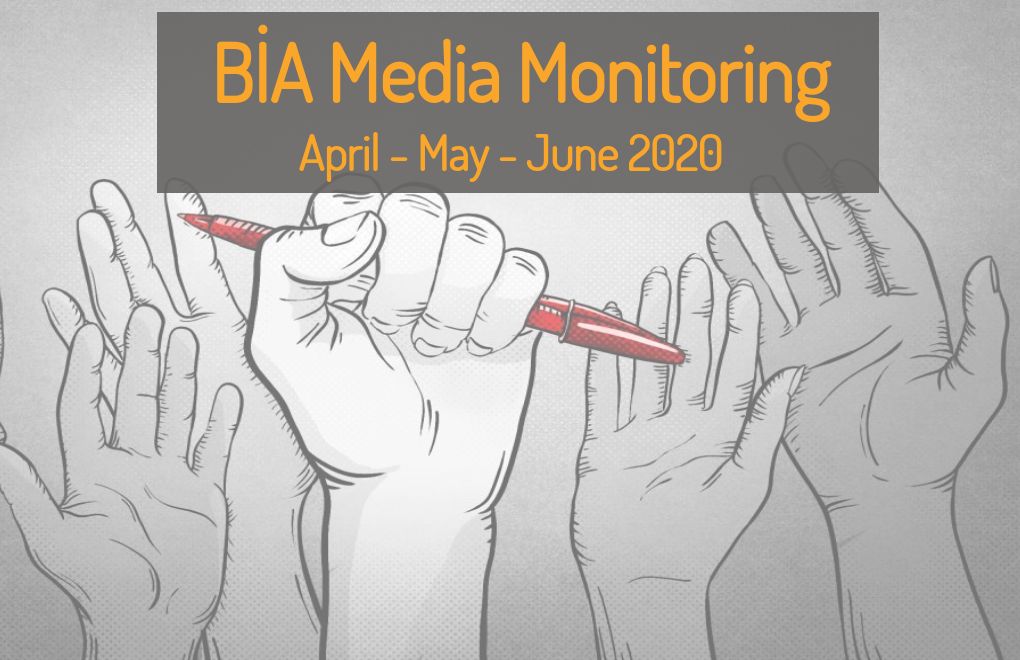

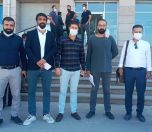
sasa.jpg)
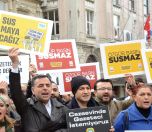

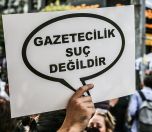

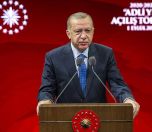
as.png)
